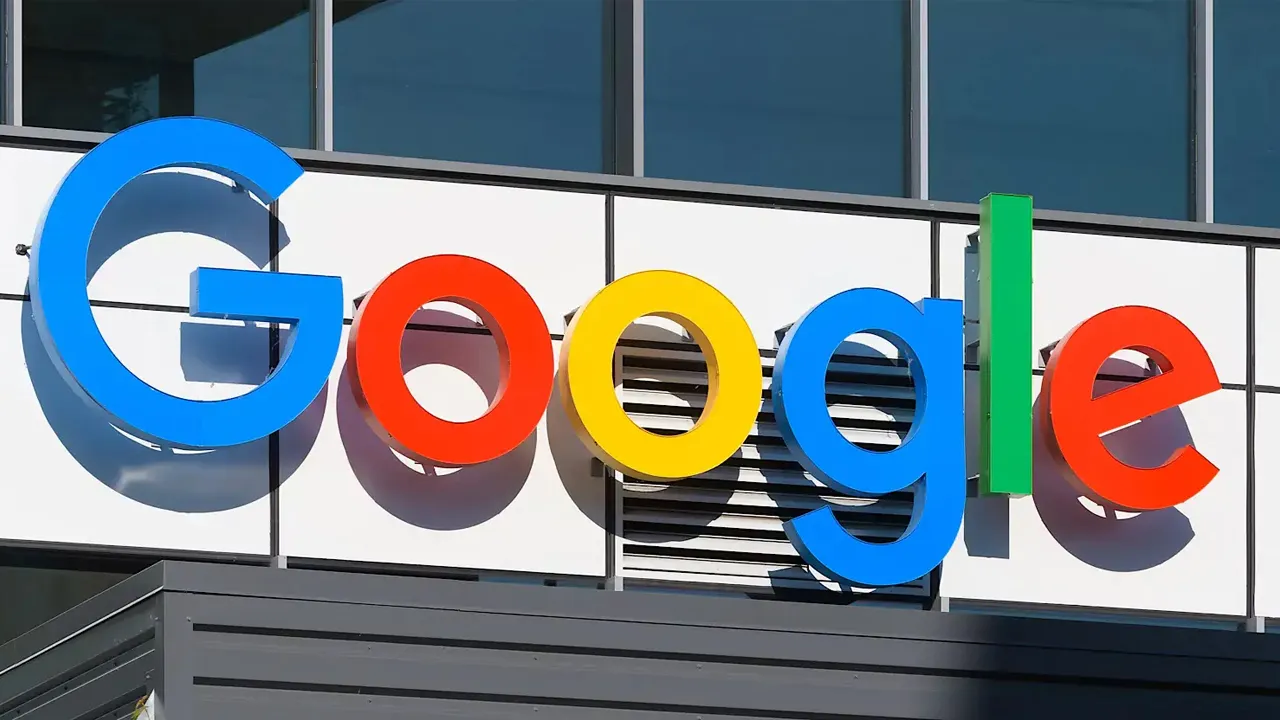Canada’s Competition Bureau has launched a lawsuit against Google, alleging the company abused its dominance in online advertising to maintain a monopoly. The Bureau accuses it of tying together two major ad tools, the publisher ad server DFP and the ad exchange AdX, to skew ad auctions in its favour and disadvantage competitors. This move seeks to force it to divest these tools, pay a penalty equal to three times the benefit it gained, and cease anti-competitive practices. This lawsuit follows similar investigations in the U.S. and U.K., where regulatory efforts are also pushing for greater oversight of Google’s ad-tech empire.
The Competition Bureau conducted an extensive investigation that found that Google has abused its dominant position in online advertising in Canada by engaging in conduct that locks market participants into using its own ad tech tools, excluding competitors, and distorting the competitive process. Google’s conduct has prevented rivals from being able to compete on the merits of what they have to offer, to the detriment of Canadian advertisers, publishers and consumers. We are taking our case to the Tribunal to stop this conduct and its harmful effects in Canada”, said Matthew Boswell, Commissioner of Competition.
The Competition Bureau’s lawsuit could have major implications for the online advertising industry and Google’s broader business model. The company, with a market valuation around $2 trillion, derives substantial revenue from its ad services, which contribute significantly to its financial success. Canada’s decision comes after public and regulatory outcry about Google’s perceived monopolistic control over the digital advertising market.
The company has maintained that its practices foster competition and offer a diverse range of choices for both buyers and sellers. Dan Taylor, Google’s Vice President of Global Ads, noted that the Canadian allegations misrepresent the competitive landscape and said the company intends to defend its practices in court.
The case also comes on the heels of a significant lawsuit in the U.S., where the Department of Justice and several states have called for the company to divest parts of its ad business, alleging the company unlawfully leveraged its market power to stifle competition. Meanwhile, the U.K. has also been investigating the company’s advertising strategies, marking a global trend of heightened scrutiny aimed at limiting the influence of major tech firms and ensuring a level playing field for smaller competitors.
If Canada’s Competition Bureau wins, it could signal stricter regulatory measures worldwide, redefining how digital advertising platforms operate. With Google facing potential forced asset sales and more regulatory oversight, the case underscores the growing global concern about tech monopolies and their impact on competition and consumer choice.


